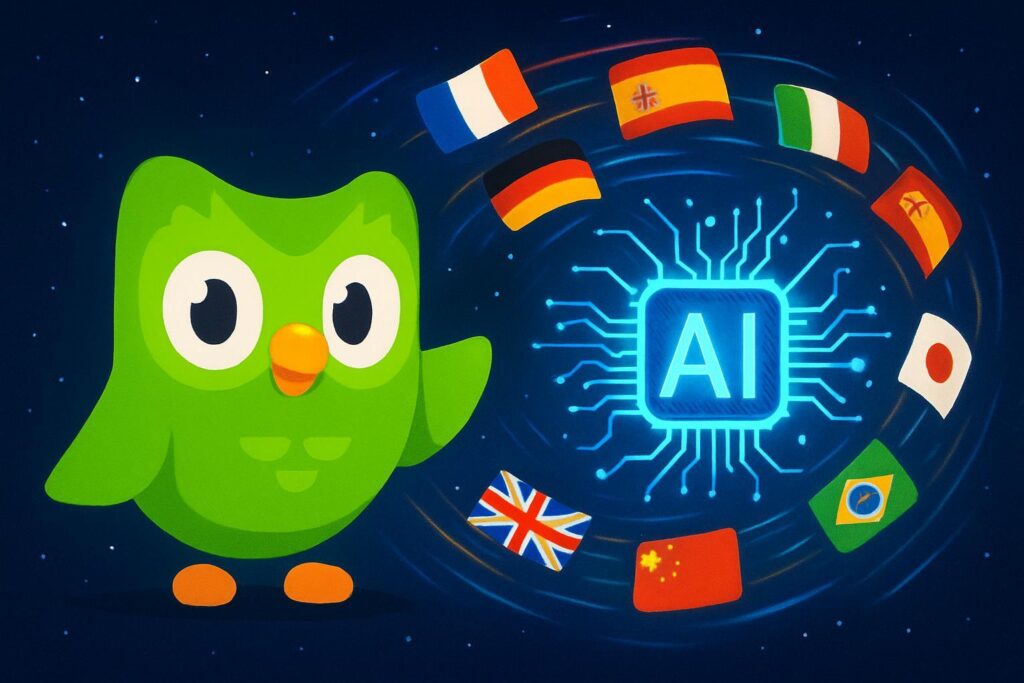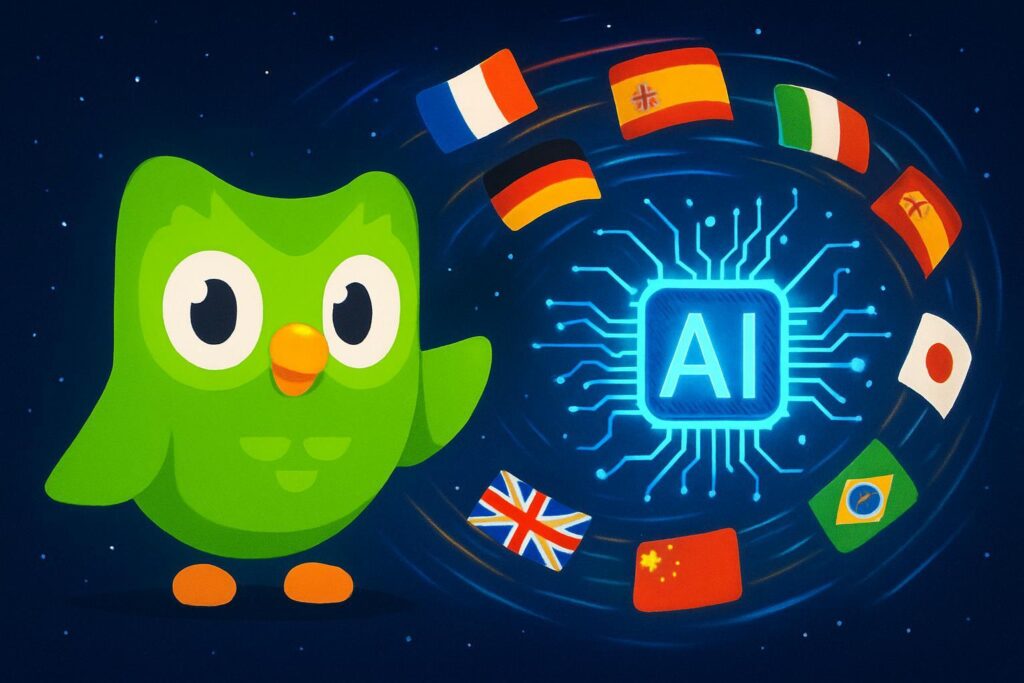OpenAI, the company behind ChatGPT, is reportedly working on a physical device for artificial intelligence that would stand out for its compact and elegant design, similar to Apple's iconic iPod Shuffle. This revelation comes from renowned analyst Ming-Chi Kuo, known for his accurate predictions about Apple products, who shared these details in a recent industry report.
An AI device inspired by Apple
According to the information revealed by Kuo in his industry report, OpenAI is developing AI hardware that would take as a reference the design philosophy that Apple successfully applied to products like the iPod Shuffle. This approach suggests that the company seeks to create a device that combines advanced functionality with simplicity of use and aesthetic elegance .
The iPod Shuffle, originally launched in 2005, revolutionized the way we interacted with digital music thanks to its ultra-compact size, minimalism, and ease of use. These qualities seem to be the inspiration for OpenAI's new hardware, suggesting that the company wants to transfer that same user experience to the field of personal artificial intelligence.

OpenAI's strategy in AI hardware
OpenAI's entry into the hardware market represents an important strategic move for the company that has so far focused mainly on the development of AI models and APIs. This step towards physical devices could allow OpenAI to:
- Offer more personalized and contextual AI experiences
- Process data locally, improving privacy and reducing dependence on internet connection
- Create an integrated ecosystem of AI hardware and software
- Establish a new revenue channel beyond its subscription services
The emerging market for personal AI devices
The development of this hardware comes at a time when several technology companies are actively exploring the market for personal AI devices. Companies like Humane with its AI Pin, Rabbit with the R1, and rumors about the development of similar devices by Meta and Samsung, demonstrate that there is a growing interest in taking AI beyond traditional screens.
The particularity of OpenAI's approach, if Kuo's predictions are correct, would be to prioritize the elegance and compactness of the device, something that contrasts with current devices that tend to emphasize functionality over design.
Implications for the industry
OpenAI's entry into this segment could have significant repercussions for the integration of AI into our daily lives:
- Establish new design standards for portable AI devices
- Promote the optimization of AI models to work efficiently on limited hardware
- Foster competition in an emerging market, accelerating innovation
- Normalize the use of physical AI assistants in various professional and personal contexts
Technical challenges and expectations
Developing an AI device that is both compact and powerful presents numerous technical challenges, especially in terms of processing, energy autonomy and cooling capacity. OpenAI will have to overcome these obstacles to fulfill the vision described by Kuo.
In addition, the company led by Sam Altman and Greg Brockman will have to clearly define the use case and differential value of its device in a market where smartphones with increasingly advanced AI capabilities already exist.
Conclusion
Ming-Chi Kuo's report on OpenAI hardware suggests that the company is betting on moving its leadership in AI models to the physical world, with a focus on elegance and simplicity inspired by iconic Apple products. This move could represent a turning point in how we interact with artificial intelligence in our daily lives, potentially setting a new standard for the entire industry in the integration of advanced AI in compact and accessible formats.


